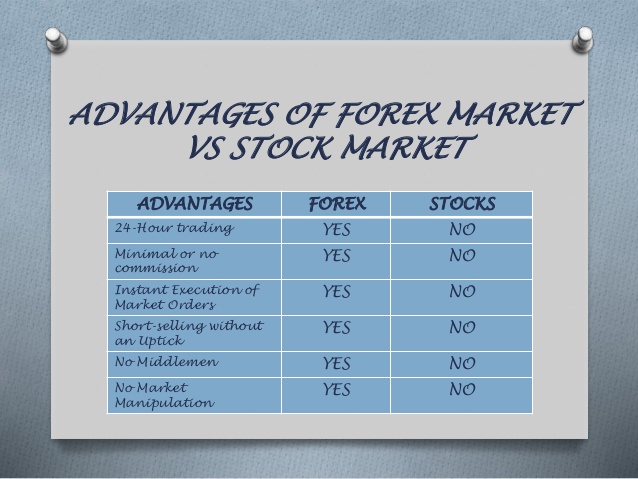
Although buying airline stocks might seem like a risky investment, it can prove to be very profitable in the long term. The travel industry is experiencing a rebound. Although there are some big airlines that are struggling, most are poised for continued growth. These are the top airline stocks you should consider buying now.
Southwest Airlines is a US-based carrier with a solid track record. It provides services to 10 countries and 121 destinations in the United States. Its profit margin is nearly twice that of some of its rivals. It's a promising stock for post-pandemic travel recovery.
Alaska Air Group has five hubs in the USA's west coast and strong representation in the Hawaiian market. It is one of few airlines that have a large backlog with Boeing. In addition, it offers a competitive economy class pricing structure. It has great reviews for its customer support.

Allegiant Travel is a low-cost airline with destinations throughout the US. Its stock price has remained strong since November, and its business model has been very effective.
Southwest Airlines is America's largest airline. The profit margin for Southwest Airlines is 10% in years that are not affected by the pandemic, almost twice what it earns on average among all airlines. It is also the first major US airline that has reported profit following the pandemic. It has also paid off $43 million in debt in the second quarter.
Alaska Air Group is another airline stock that has seen a significant increase in its stock price over the first half of 2021. It is well-known for its presence in popular tourist destinations across the US. Charter flights are also offered by the company.
Air Lease is a great airline stock to invest in. It has a large backlog of 430 new aircraft on order from Boeing. It is expected to have a profitable year in fiscal 2017, with a 13% increase in revenues. It is forecast to grow its sales by almost 20 percent in fiscal year 2020. It has strong positions in the most popular leisure travel markets in America.

It is important that you research the airline stocks which you are thinking of buying. It is essential to learn about the company's business model and their financial statements. You should also feel comfortable with your investment strategy. Also, consider your risk tolerance as well as the financial history of the company.
The United States airline industry is an oligopoly. It is susceptible to global changes. It is also vulnerable for recessions. It is also having difficulty hiring pilots and training them. The demand for air travel is still high.
The US carrier UAL trades at 10x earnings. Last year, the company suffered an operating loss of $14 per share. The company will pay down its debt when it returns to normal revenue. It has a market cap of less than $13bn.
FAQ
How are share prices set?
Investors who seek a return for their investments set the share price. They want to make a profit from the company. They then buy shares at a specified price. If the share price goes up, then the investor makes more profit. If the share price goes down, the investor will lose money.
An investor's primary goal is to make money. This is why they invest. This allows them to make a lot of money.
What is the difference in the stock and securities markets?
The whole set of companies that trade shares on an exchange is called the securities market. This includes stocks and bonds, options and futures contracts as well as other financial instruments. Stock markets are usually divided into two categories: primary and secondary. The NYSE (New York Stock Exchange), and NASDAQ (National Association of Securities Dealers Automated Quotations) are examples of large stock markets. Secondary stock markets are smaller exchanges where investors trade privately. These include OTC Bulletin Board, Pink Sheets and Nasdaq SmallCap market.
Stock markets are important because they provide a place where people can buy and sell shares of businesses. Their value is determined by the price at which shares can be traded. New shares are issued to the public when a company goes public. Investors who purchase these newly issued shares receive dividends. Dividends are payments made by a corporation to shareholders.
Stock markets provide buyers and sellers with a platform, as well as being a means of corporate governance. Boards of directors are elected by shareholders to oversee management. Boards ensure that managers use ethical business practices. If a board fails in this function, the government might step in to replace the board.
Why is a stock security?
Security is an investment instrument, whose value is dependent upon another company. It may be issued either by a corporation (e.g. stocks), government (e.g. bond), or any other entity (e.g. preferred stock). If the asset's value falls, the issuer will pay shareholders dividends, repay creditors' debts, or return capital.
Statistics
- For instance, an individual or entity that owns 100,000 shares of a company with one million outstanding shares would have a 10% ownership stake. (investopedia.com)
- Even if you find talent for trading stocks, allocating more than 10% of your portfolio to an individual stock can expose your savings to too much volatility. (nerdwallet.com)
- "If all of your money's in one stock, you could potentially lose 50% of it overnight," Moore says. (nerdwallet.com)
- Our focus on Main Street investors reflects the fact that American households own $38 trillion worth of equities, more than 59 percent of the U.S. equity market either directly or indirectly through mutual funds, retirement accounts, and other investments. (sec.gov)
External Links
How To
How to invest in the stock market online
The stock market is one way you can make money investing in stocks. There are many methods to invest in stocks. These include mutual funds or exchange-traded fund (ETFs), hedge money, and others. The best investment strategy is dependent on your personal investment style and risk tolerance.
To be successful in the stock markets, you have to first understand how it works. Understanding the market and its potential rewards is essential. Once you know what you want out of your investment portfolio, then you can start looking at which type of investment would work best for you.
There are three major types of investments: fixed income, equity, and alternative. Equity is the ownership of shares in companies. Fixed income is debt instruments like bonds or treasury bills. Alternatives are commodities, real estate, private capital, and venture capital. Each option comes with its own pros and con, so you'll have to decide which one works best for you.
Once you figure out what kind of investment you want, there are two broad strategies you can use. One strategy is "buy & hold". You purchase some of the security, but you don’t sell it until you die. Diversification is the second strategy. It involves purchasing securities from multiple classes. If you buy 10% each of Apple, Microsoft and General Motors, then you can diversify into three different industries. Multiplying your investments will give you more exposure to many sectors of the economy. Because you own another asset in another sector, it helps to protect against losses in that sector.
Another key factor when choosing an investment is risk management. You can control the volatility of your portfolio through risk management. You could choose a low risk fund if you're willing to take on only 1% of the risk. On the other hand, if you were willing to accept a 5% risk, you could choose a higher-risk fund.
Your money management skills are the last step to becoming a successful investment investor. A plan is essential to managing your money. You should have a plan that covers your long-term and short-term goals as well as your retirement planning. This plan should be adhered to! Don't get distracted by day-to-day fluctuations in the market. Stay true to your plan, and your wealth will grow.